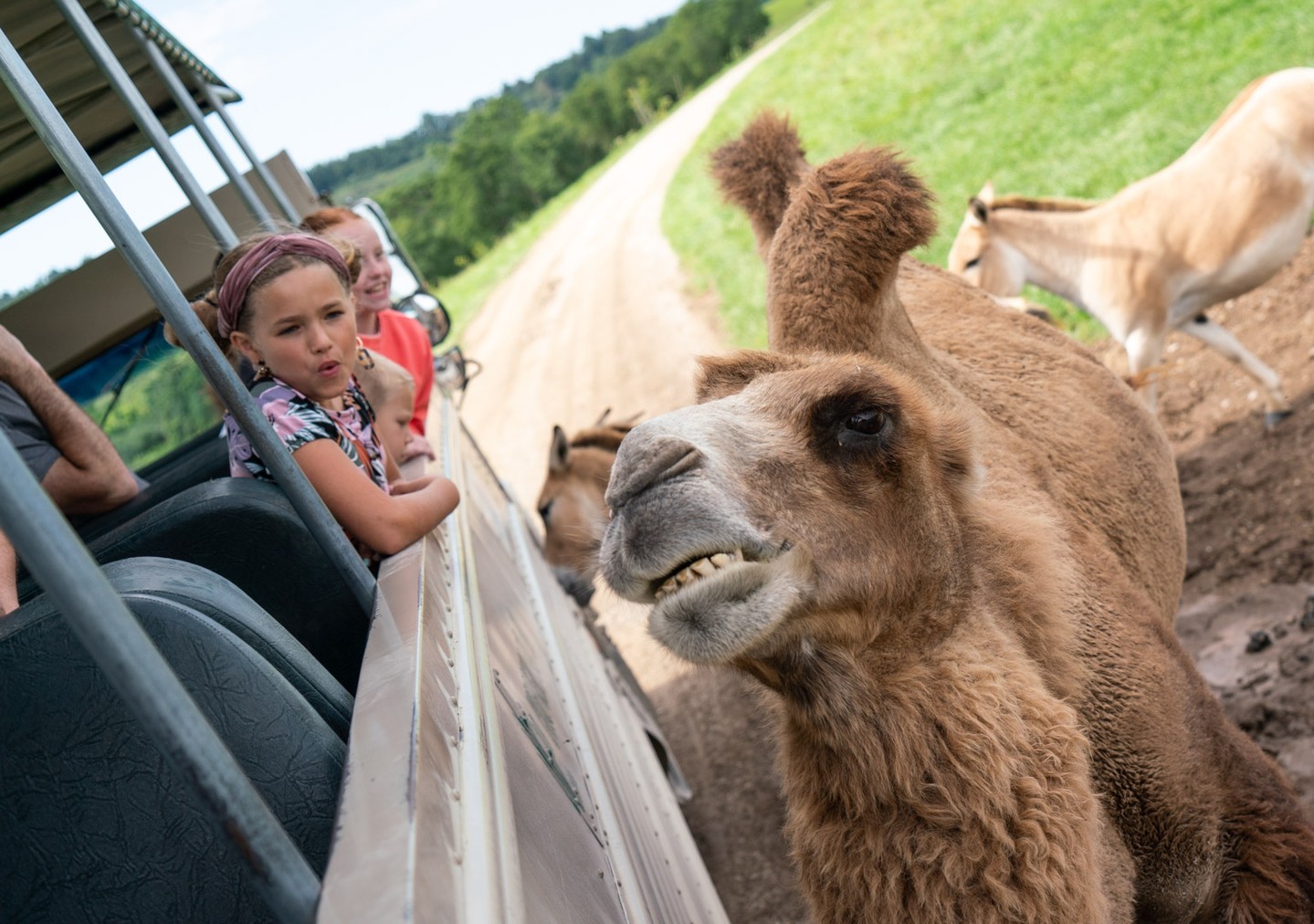– Exploration of the diverse world of wildlife safaris and their relevance to conservation efforts.
– Understanding the nuances of zoo management and ethical considerations in eco-tourism.
– The role of educational safaris in promoting wildlife awareness and zoology interests.
– Ensuring animal welfare and visitor safety during interactive wildlife experiences.
– Future directions for sustainable wildlife tourism and conservation initiatives.
As May 1 approaches, the buzz of excitement for summer travel plans begins to build. It’s the perfect time to start thinking about engaging with the natural world through various outdoor activities like Open-Air Safaris, Wildside Safaris, Zipline Safaris, and Horseback Safaris. These experiences offer a unique opportunity to immerse oneself in the world of animals and their natural habitats, fostering a deeper appreciation for biodiversity and conservation.
Embarking on an open-air safari allows visitors to encounter breathtaking wildlife in their natural surroundings. Safaris are not simple sightseeing tours; they are immersive journeys that bring people face-to-face with the striking beauty and raw reality of the wild. This close encounter not only thrills but educates, placing participants in living ecosystems where they can observe animal behaviors and ecological interactions first-hand. Animal experts and guides on these tours significantly contribute to this educational aspect, providing insights into species’ habits, conservation status, and ecological roles.
The Wildside Safari offers an even more intimate experience with nature, often focusing on less-visited areas of reserves and parks. This type of tour can be particularly impactful in emphasizing the importance of untouched landscapes and the need for their protection. By presenting these remote wilderness areas to the public, Wildside Safaris plays a critical part in conservation education, making the case for preserving these habitats against human encroachment and environmental threats.
The Zipline Safari presents an adrenaline-fueled journey above the canopies, combining the excitement of adventure sports with environmental education. This aerial perspective is not just thrilling; it’s a live lesson in arboreal ecosystems and the species that inhabit them. Zipline tours can also bring awareness to the importance of forest conservation as participants glide past treetops, which are home to countless birds, insects, and mammals.
On the other hand, Horseback Safari provides a more grounded and gentle means of exploring nature. The pace of a horseback ride allows for the subtle nuances of wildlife and flora to be appreciated. It also opens the door to discussions on the historical significance of horses in exploration and their current status as domesticated animals, often contrasted with the wild species encountered during the safari.
As custodians of biodiversity and educators, the role of zoos is deeply intertwined with these outdoor experiences. Modern zoo management incorporates the best practices of animal care, habitat simulation, and species conservation, extending its efforts beyond captivity. Zoos often collaborate with safari experiences to ensure their conservation message is consistent and coherently communicated to the public. They work to support conservation in the wild through funding and research—a message that becomes vividly clear to guests who partake in these interactive experiences.
A crucial aspect of these safaris is the commitment to the welfare of both the animals and visitors. Ethical considerations are paramount in designing these tours. The goal is to entertain and engage responsibly and respectfully with the wildlife. This means strict protocols for interaction, such as no-contact rules with wild animals and maintaining a safe distance to avoid stress or disruption to their natural activities. It also means that the safety of visitors is taken seriously, with carefully planned routes, trained guides, and emergency procedures in place.
Moreover, the insights gained into zoology while engaging with these experiences are indelible. Young minds may find their calling in animal science, while seasoned wildlife aficionados deepen their understanding of complex ecological systems. By fostering this connection between humans and nature, these tours also open a dialogue about wildlife’s global challenges and what individuals can do to help.
Looking to the future, the growth of ecotourism and demand for authentic wildlife encounters must be balanced with sustainability. This involves minimizing the carbon footprint of tourism, supporting local communities, and funneling proceeds back into conservation efforts. Safaris that embrace a sustainable model not only uplift the regions they operate in but also set a precedent for future initiatives.
Booking your summer tour at the right time can make a significant difference. Not only does it secure your place on these popular experiences, but it also contributes to the ongoing effort to conserve wildlife and their habitats. By selecting ethical and conservation-oriented tours, travelers can ensure their adventures support a greater cause.
The venture of wildlife safaris encapsulates the essence of adventure, the spirit of conservation, and the pursuit of knowledge in zoology and environmental stewardship. As the summer season approaches, the question isn’t “Have you booked your summer tour yet?” but “Are you ready to be a part of the journey towards a better understanding and respect for our planet’s wildlife?” The experiences awaiting are bound to leave an indelible mark on your worldview, contributing to the ever-important narrative of conservation and sustainability in tourism.
*****
Source Description
Have you booked your summer tour yet?
May 1 kicks off:
🔸 Open Air Safaris
🔸 Wildside Safari
🔸 Zipline Safari
🔸 Horseback Safari
🔸 And so many others!
These tours book quickly, head to the link in our bio to book your tour today!

